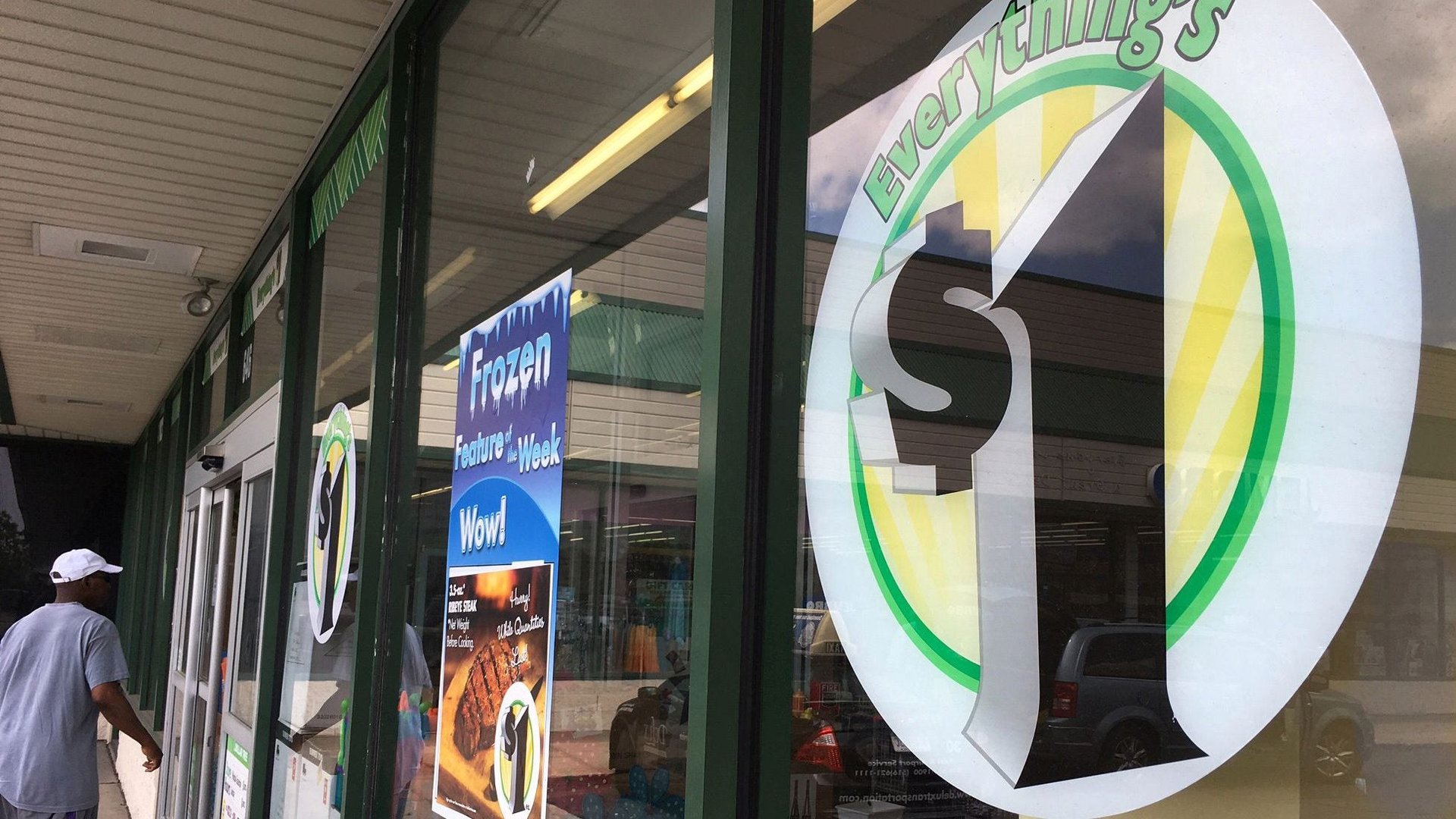Trump’s tariffs are hurting the stores where the poorest Americans shop
It is a truth universally acknowledged: When businesses’ costs rise, they will pass off what they can to the customer.


It is a truth universally acknowledged: When businesses’ costs rise, they will pass off what they can to the customer.
In the case of tariffs, while stores might try to buy domestically where possible and accept a small hit to margins, prices generally have to rise. If retailers do it right, customers barely notice the impact, or not enough to massively affect spending.
But there’s not a lot of wiggle room when your prices start—and finish—at $1. This is the reality for Dollar Tree, the operator of around 15,000 dollar stores, which this morning (March 6) outlined some of the difficulties produced by trade tariffs imposed by US president Donald Trump. The company reported a $2.3 billion loss and announced its intention to shutter some 390 underperforming US stores of the Family Dollar chain, which it also owns.
At the moment, the Dollar Tree model looks a little like this: Employees source extremely cheap products in China, ship them to the US in bulk, and then sell them to the customer at a fixed price point of $1. Since Sept. 2018, however, a 10% tariff has slashed their margins, forcing the company to find savings elsewhere. Should that tariff rise to a proposed 25%, earnings will be compromised even further. At the moment, the company anticipates an impact of $100 million for Dollar Tree earnings and $40 million for Family Dollar.
Even as it continues to struggle, Family Dollar is in fact better placed to absorb the impacts of tariffs, as it sells products at a number of different—although still low—price points. Dollar Tree, on the other hand, continues to pledge loyalty to the $1 model. It keeps customers coming back—CEO Gary Philbin noted in a conference call with analysts and investors today that customer fidelity “continues to grow”—but that makes it all but impossible to pass costs on to them.
Starboard Value LP, an activist investor that took a stake in Dollar Tree in January, has been applying pressure to Dollar Tree to increase its product range—and price points. So far, it has stubbornly resisted that pressure. But if tariffs persist, and continue to rise, it may have no choice.